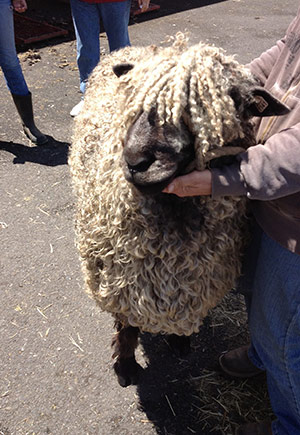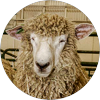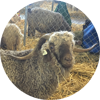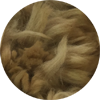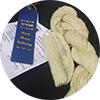The next gathering is on
June 26-28, 2026
Linn County Expo Center
Albany, Oregon
Be sure to mark your calendars every year for the last weekend in June. We recognize that we have often met earlier, but availability at the Linn County Expo Center was limited, so to ensure consistency, we will always be meeting the last weekend in June.
Admission and parking at the Gathering are always free. Bring your family and friends and take part in one of the most unique events in the country, celebrating natural-colored animals and their fiber. Please remember that all dogs, including Service Dogs, are prohibited in the vicinity of the livestock for the safety of humans and animals in the area.
The Black Sheep Gathering is an all-volunteer, non-profit agricultural organization that welcomes your suggestions, participation, and support. We encourage everyone to become more involved and make new friends by volunteering, which will ensure the future of the Gathering for another 50 years and beyond! For information on specific events, to volunteer, or to offer suggestions, please get in touch with committee workers listed on the Contacts page.
Here's a link to a story about the show in the Albany Democrat-Herald.

